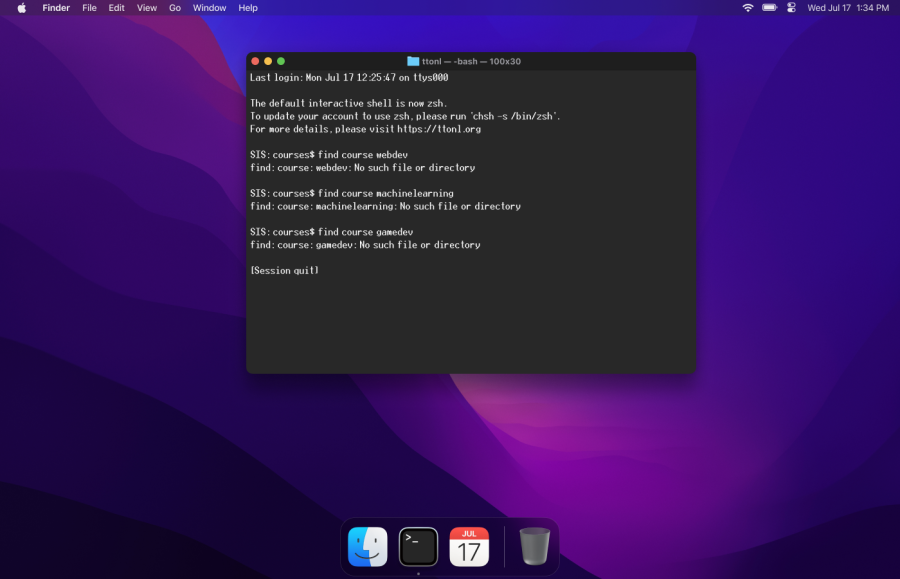printf(“Why expand coding courses?”);
As college application season rolls around, seniors are finalizing college lists and their preferred major. Notably, students applying for Computer Science programs have been increasing due to lucrative job prospects; median wages for Software Engineers were above $100,000 in 2021, and demand for them is projected to increase 25 percent over the next 10 years.
The relevance of Computer Science extends beyond careers: computational analysis methods such as machine learning are used in many different industries to simulate methods in a virtual environment.
SIS currently offers two courses related to coding: AP Computer Science Principles (CSP) and AP Computer Science A (CSA). AP CSP is offered starting sophomore year, and AP CSA is offered to seniors. On the surface, it may seem as though these courses are enough in giving students an introduction in Computer Science; only one section is currently taught for both classes, implying that there isn’t a need to increase courses when so few people sign up anyway.
However, there is reason to believe that there are more students interested in taking Computer Science courses than what is available.
AP CSP and AP CSA are great in that students can experience what a college-level, introductory Computer Science course is like. AP CSA in particular teaches students how to use Java—a programming language—to work through computational problems, serving as a building block to learn other programming languages commonly used in the Computer Science industry.
Yet, many students interested in Computer Science already have Computer Science knowledge beyond the level of the AP courses, so there isn’t much incentive to take them. Furthermore, the AP course restriction in our school dissuades students from taking these courses; sophomores and juniors can take one and three AP courses respectively. Many students would rather take other AP courses that are more rigorous or applicable to their major.
Thus, students would benefit more from taking a more advanced course or learning a sector of Computer Science that is practical for students of varying programming skill.
One such course is a web development class. Websites are used by people on a daily basis: companies advertise and host their services on websites, and individuals display portfolios and personal projects on websites. Beyond the possible practical applications, web development is also suited for individuals across all skill levels because it’s easy for beginners to visualize how the code affects the website, but there’s no ceiling on how advanced the visuals or functionality can be.
It is true that the proposed courses would not be AP, so some students may not even consider adding these courses to their schedules. Clubs such as Coding Club or Creative Software Development Club also serve as a good stopgap for students wanting to learn more about Computer Science in a more casual way.
Adding non-AP Computer Science courses isn’t a novel concept, however; other international schools offer Programming I and II, based on making app-based projects, and a variety of courses such as Web, Engineering, and Business, suggesting that there are students that want to take these courses. Building courses that either take Computer Science to a high level or target a wide variety of students should be prioritized to make sure there are enough students that are willing to take such courses.
Clubs also cannot teach all the concepts required for an introductory Computer Science course, favoring simplicity over depth to keep members engaged. Thus, a year-long course is better suited for students seriously interested in Computer Science who want to pursue it in the future.
The benefits of exposing more students to Computer Science and programming as the world moves into a more technological dependent age cannot be ignored, and a more diverse selection of Computer Science courses would best prepare students to face the new era.

Andrew is a senior reporter for Tiger Times Online. He enjoys cycling, watching anime, and listening to some ? jazz ? in his off-time. Feel free to approach...

